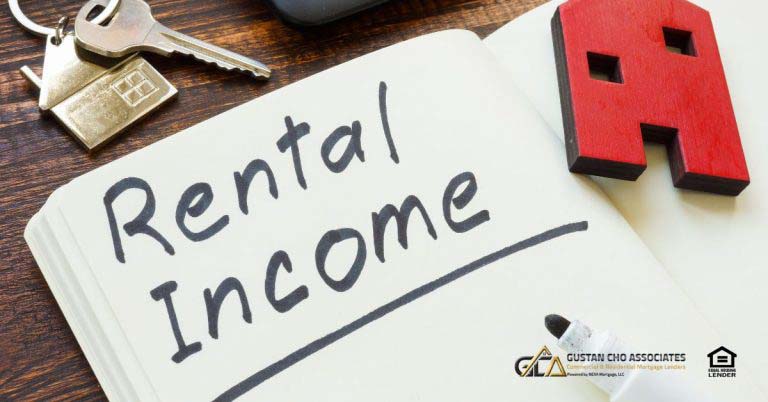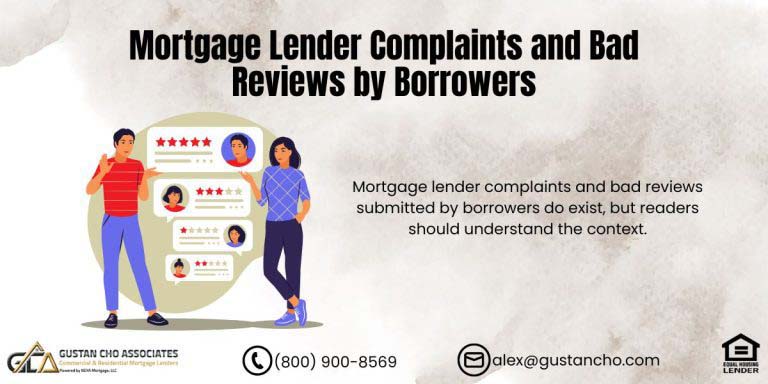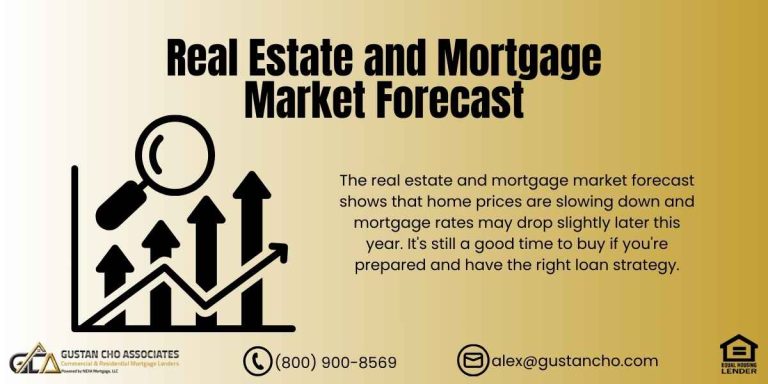HUD raised the 2020 FHA loan limits to $336,760. The Federal Housing Finance Agency raised the 2020 conforming loan limits to $510,400. The 2020 housing market forecast was expected to be the strongest in history. There was no sign of any housing correction. A recession was totally out of the question. It is way too early to tell the type of damage the pandemic has on the housing market and the overall economy.
Bankruptcy And Foreclosure During Pandemic Expected To Soar
Then the coronavirus pandemic hit the U.S. devastating the economy. The whole country shut down. A couple of dozen states have just started reopening the economy. Over 30 million Americans have filed unemployment claims. The U.S. Department of Labor estimates the unemployment rate will reach 20% in the coming weeks. The key question is how long will it take for the U.S. economy to get back to normal. Many closed businesses are not expected to reopen. Many unemployed Americans are in limbo and many are not expected to return to the same jobs.
President Trump and his administration are doing everything possible to minimize the extent of the economic damage. Many are afraid to use the word Recession and/or Depression. There is no doubt that bankruptcies and foreclosures are going to skyrocket. However, it is still too early to tell how much of a severe impact the pandemic did on the economy. The once solid housing and mortgage markets got hit big time. In this breaking news article, we will discuss and cover Foreclosure During Pandemic For Unemployed Homeowners.
Avoiding Foreclosure During Pandemic
One of the main reasons why homeowners go through a mortgage foreclosure is because they have a financial disruption due to a job and/or business loss. The coronavirus pandemic devasted the U.S. economy. The U.S. economy has been shut down for the past 7 weeks. Millions of businesses closed. Over 30 million Americans have filed unemployment claims in the past 7 weeks.
Many experts and analysts are expecting foreclosure and bankruptcy rates to skyrocket like never before. To avoid another housing crash like the 2008 financial crisis, President Trump and Congress passed the coronavirus stimulus economic package. Included in the stimulus economic package is for borrowers with federally-backed mortgages to qualify for mortgage forbearance. What this means is any homeowners with an FHA, VA, USDA, Fannie Mae, Freddie Mac backed-mortgages are eligible to miss their mortgage payments for up to six months. However, borrowers can extend the forbearance for an additional six-month if the initial 6-month are not long enough. Forbearance is not mortgage payment forgiveness. The missed mortgage payments need to be paid back once the forbearance period is over. Many lenders will spread the amount due over a course of six to twelve months.
Foreclosure During Pandemic Versus 2008 Financial Crisis
President Donald Trump and his administration are trying to avoid a repeat of the 2008 financial crisis and mortgage meltdown. Never in history did we have record-high foreclosures and bankruptcies like we did during the 2008 financial crisis. The U.S. economy came to an abrupt halt due to the pandemic. Millions of businesses shut down leaving millions of Americans unemployed. As time passes, the economic impact on businesses is getting worse. The Trump Administration is afraid of the number of businesses that will not reopen. If businesses do not reopen, that means the furloughed employees will not have jobs to come back to. This means that these unemployed employees will not be able to make their mortgage payments. It is a domino effect that can lead to a flood of foreclosure
Qualifying For Forbearance During Pandemic
Qualifying for forbearance during pandemic has been streamlined and should be easy for unemployed homeowners. Per the coronavirus stimulus package, only federally-backed mortgages qualify. What this means is a loan that is guaranteed, insured, and backed by FHA, VA, USDA, Fannie Mae, Freddie Mac should qualify. Find out who owns your home loans and contact their loan servicer.
The mortgage servicer is the agency that collects mortgage payments from borrowers and pays them to the investor. The mortgage servicer is also responsible to distribute the escrow and pay property taxes and insurance.
For federally-backed mortgages, the mortgage loans made by the following agencies are eligible for relief under the CARES Act:
- Federal Housing Administration
- Department of Housing and Urban Development
- Department of Agriculture
- Department of Veterans Affairs
- Freddie Mac
- Fannie Mae
Just under 70% of all residential loans in the U.S. are mortgage loans that are federally-backed by one of the agencies that are listed above (FHA, VA, USDA, Fannie Mae, Freddie Mac).
What Happens For Non-Federally-Backed Mortgages
Whether the mortgage is backed by FHA, VA, USDA, FANNIE MAE, FREDDIE MAC, most mortgage servicers will grant forbearance to homeowners. This also holds true for non-owner-occupant properties such as rental properties. Lenders do not want to foreclose. They are not in the business to own properties.
Lenders will do everything possible to help their borrowers do a workout where they have the ability to repay their mortgage. Remember that forbearance is not forgiveness. The missed payments need to be paid. Lenders will work out spreading the balance of missed payments over a six to twelve-month payment plan once the forbearance period is over. Forbearance will only work if the borrower will return to work soon. If the borrower remains unemployed for a long period of time, the lender may proceed with foreclosure proceedings.










